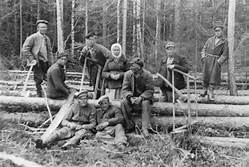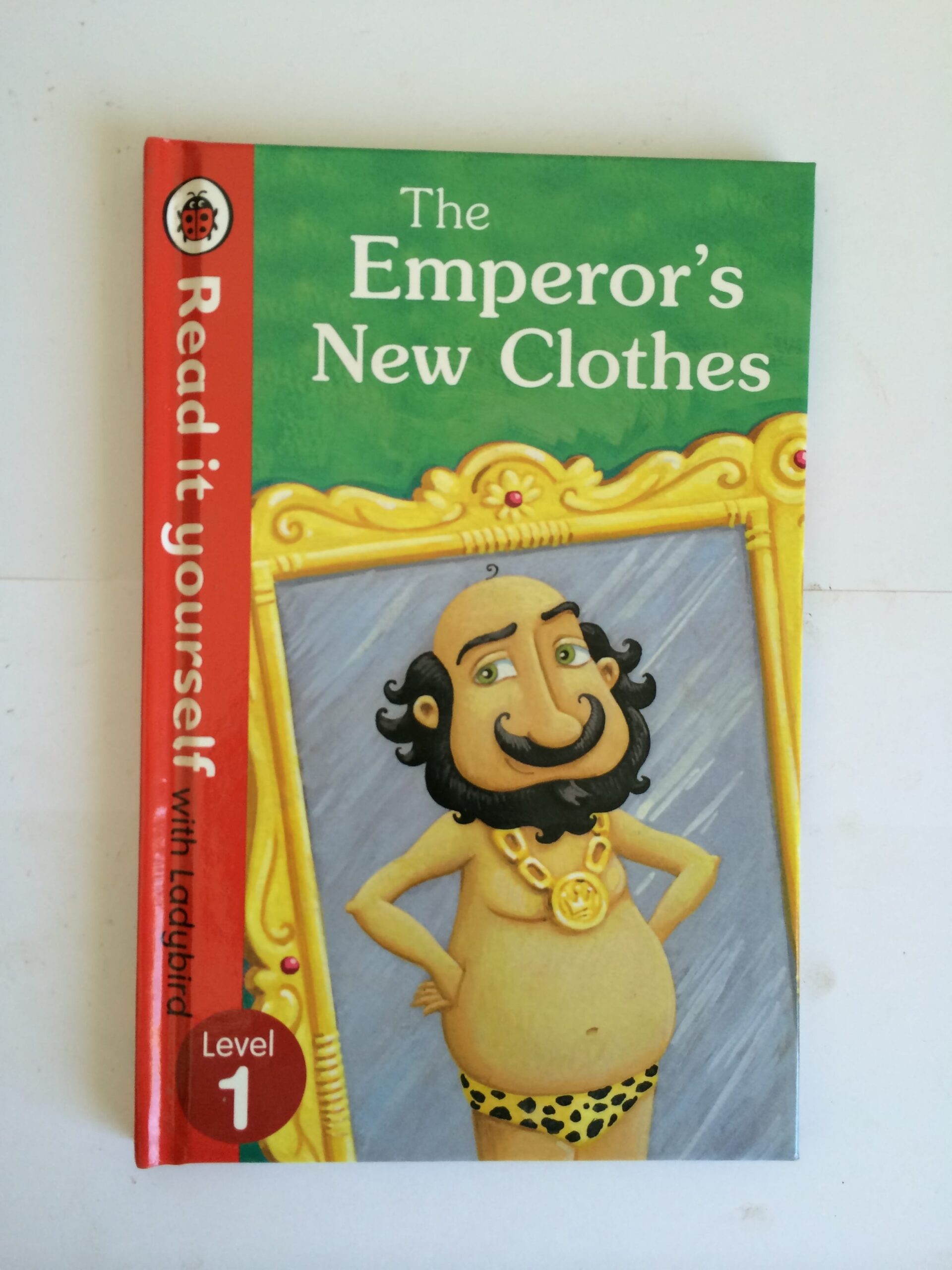Return to Charyshskoye
When we returned to Charyshskoye, we were billeted on some locals. We had to go through our landlord’s kitchen to get to our room. It was September and autumn here is very short but as yet , we weren’t suffering from the cold. On the other hand, it was very difficult to find anything to eat. Our ‘menu’ had changed but we continued to suffer from hunger which gnawed at us all the time.
 The locals had small gardens and by using the bartering some of our goods, we tried we to get some potatoes, but with some difficulty. Often, we managed to get pumpkins. When cooked they succeeded in filling our stomachs for a short while provided they didn’t contain too much water. Occasionally, as a result of our landlady’s generosity, we were given a little grated potato. But this had so little starch that it was as dry as wood shavings and was difficult to swallow. However, it did at least allow us to chew on something while from the kitchen came a delicious smell of kisiel, a sort of gooseberry jelly made with the potato starch.
The locals had small gardens and by using the bartering some of our goods, we tried we to get some potatoes, but with some difficulty. Often, we managed to get pumpkins. When cooked they succeeded in filling our stomachs for a short while provided they didn’t contain too much water. Occasionally, as a result of our landlady’s generosity, we were given a little grated potato. But this had so little starch that it was as dry as wood shavings and was difficult to swallow. However, it did at least allow us to chew on something while from the kitchen came a delicious smell of kisiel, a sort of gooseberry jelly made with the potato starch.
Charyshkoye is situated in a deep valley: on one side there is a fast-flowing river while on the other side, the mountains rose high. Here and there, the passes led to other villages. Charyshkoye had a main street and other streets led to the River Charysh, the mountain slopes and to the forest. The houses were single-
storey log huts and were on the whole well-kept.
In the middle of the village was a former Orthodox Church now used as a club for children. They were brought there from a very young age. Generally, the intake was from primary school age up to the age of 17. Then their working life began. I looked on them with nostalgia because I missed my school friends very much. The village also had a ‘restaurant’ where you could rarely eat anything other than gherkin soup: this was water with a few vegetables swimming around.
From time to time we were happy to hear they were serving ‘Tvorog’, or cheese curds. You should have seen them! We would break off several bits of frozen curds from the block of frozen curds kept in the cold room (in winter the temperature sometimes reached -40″). In Kedrovka, it had been impossible to get hold of any salt, but these curds were so salty we had problems swallowing them. But since we had nothing else, we ate them anyway.
Sometimes one of the luckier deportees would find out that the ‘restaurant’ was serving potato soup. The prices were always low and, in any case, even the workers who earned the least had little else to spend their money on. We would hurry to take advantage of it and eat some at the ‘restaurant’ and take some home. But unfortunately, we would often go home empty-handed as there was not enough soup for everyone. This is why I didn’t hesitate to walk several miles to the next village through snow storms or on snow- covered roads in the hope of finding food.
In one of the small alleyways in Charyshkoye there was a small pharmacy and next to it a hospital with several beds. Not long after coming back from Kedrovka, I got a job helping the pharmacist. I had to crush plants in a small mortar, weigh them out to the correct amount and then wrap them up. This suited me perfectly especially as this work improved our standard of living.
As a wage earner, I was entitled to a ration of bread that I couldn’t otherwise have had at any price. I also remember at this time that my father gave me a sort of croquette stuffed with pumpkin. It was simply delicious and I thought life was changing for the better. I never had it again and soon I had to leave my job with all its advantages. The work had been given to another older Polish woman who had no other means of earning a living. Because of her age and experience she was more qualified than me.
The militia Headquarters was near the pharmacy and the hospital. They, together with the pharmacist and perhaps the primary school teacher, formed the local ‘elite’. I noticed the pharmacist never appeared to suffer from hunger as we did and her house was also very comfortable. The cobbler, on the other hand, lived in a’chata masure’ – a hovel – like almost everyone else and was often hungry. My father met the militia once more before we left Charyshkoye. They called him in to identify some foreign money spread out on a table. It probably belonged to another Pole. This time they only needed a helping hand but we had still been very worried when he had been called to them.
Our lives remained unchanged during that period. My brother helped to transport logs on the river Czarysz and so received a ration of bread.  But this work didn’t last long. It was very cold and the work was poorly organised. My brother, unused to this sort of work and lacking adequate clothing, soon caught a cold which turned into pneumonia. He was taken to hospital. We were very worried about him but as he was strong and also well-looked after by a Polish woman, he recovered quickly. However there was no question of his returning to his former work and therefore he lost his bread ration: ‘Those that do not work, shall not eat’ – wasn’t it St Paul who first said this and Lenin much later ?
But this work didn’t last long. It was very cold and the work was poorly organised. My brother, unused to this sort of work and lacking adequate clothing, soon caught a cold which turned into pneumonia. He was taken to hospital. We were very worried about him but as he was strong and also well-looked after by a Polish woman, he recovered quickly. However there was no question of his returning to his former work and therefore he lost his bread ration: ‘Those that do not work, shall not eat’ – wasn’t it St Paul who first said this and Lenin much later ?
During our stay in Charushskoye, we lived in the same house. One night we were woken up by an unusual hustle and bustle and this, in a village generally so peaceful. We weren’t given an immediate explanation but the following day we learnt that a calf belonging to our landlady had been slaughtered. Usually owners of cattle and poultry had the right to own a fixed number of cows and hens. Provision was made to hand over any additional cattle or poultry to the government. To start with, nobody had the right to touch the meat we never found out who had killed the calf.
The meat remained hanging in an outhouse where the temperature often fell well below zero. The meat quickly froze there. A little later a sort of inquiry was held and only then was our landlady and her family able to make use of the meat. We too were given a piece of veal – the only meat we were to eat throughout out 15 months’ stay in the Soviet Union. Our next hot meal of meat came when we reached Persia (Iran).
I cooked our piece of meat in a stove intended solely for heating our room. It had only a small cast iron door just above the floor. We had a large iron cauldron rounded at the top that was difficult to handle. When it got hot, we had to hold it by using a sort of rounded pitchfork fixed onto a long broom handle, in order to put it in or take it out of the hearth. It was heavy and when crouching or kneeling down it wasn’t easy for me to handle and I spilt some of the precious soup. Happily most of it still remained but I was very upset thinking how disappointed my family would be.
The militia intervened once again but this time in our private life. One day, when I was alone in our room, two of them came and ordered me to wash our floor more often; no doubt at the instigation of our landlady. At this point my father came in and clearly annoyed told them we hadn’t any means of doing this: no floor cloth, no bucket, no hot water. To my great surprise the militia accepted his explanation and left without a word. I was afraid of repercussions but they must already have known about the amnesty, perhaps they had already received orders to leave us alone -who knows ?
We however were still in the dark about the events in the outside world that were to shape our future.




